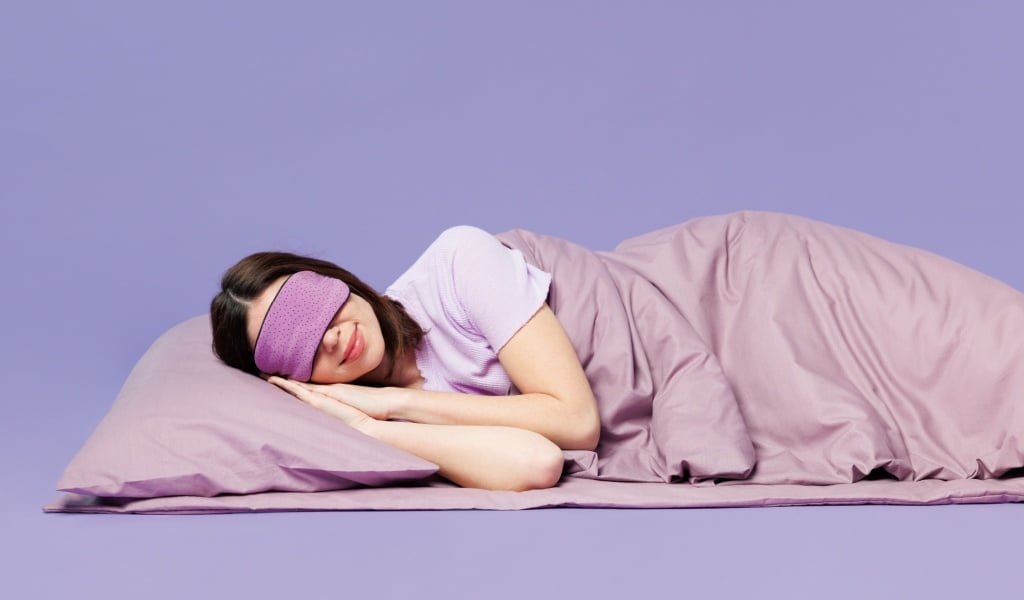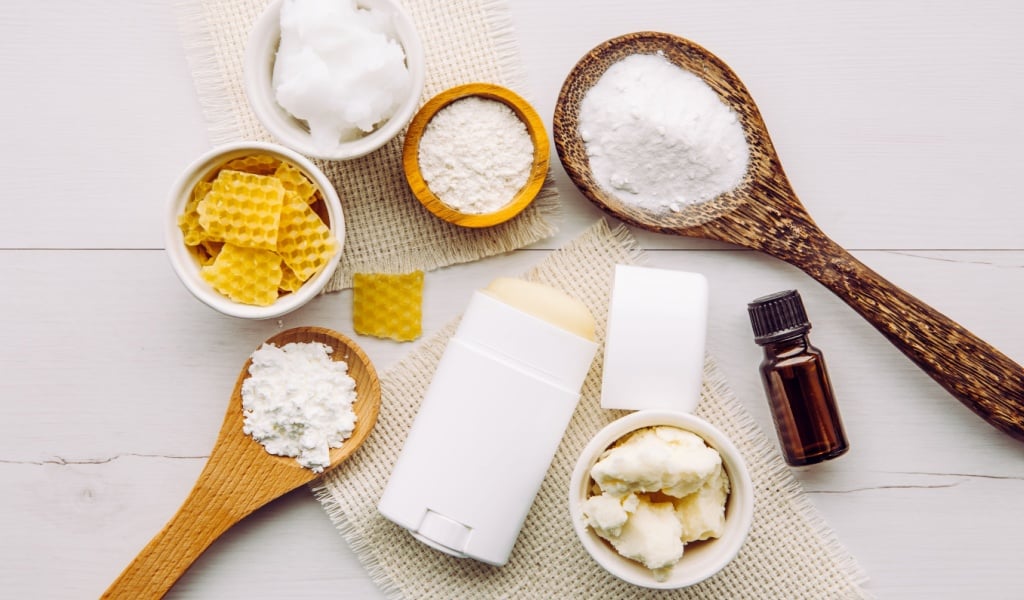It’s a fact of life that balance is essential. Too much or too little of a thing can turn out to be good or bad – and that can affect so many aspects of our lives, from lifestyle to health. You’re probably already aware that sticking your nose in your smartphone for the better part of the day isn’t good for your eyes, but did you know that even reading a book under improper lighting conditions/without a break could be just as detrimental?
If you’ve been facing issues with your eyesight lately, and aren’t sure what’s causing such an effect, one of the following may just be it. Here are some vision-impacting habits you need to keep an “eye” on:
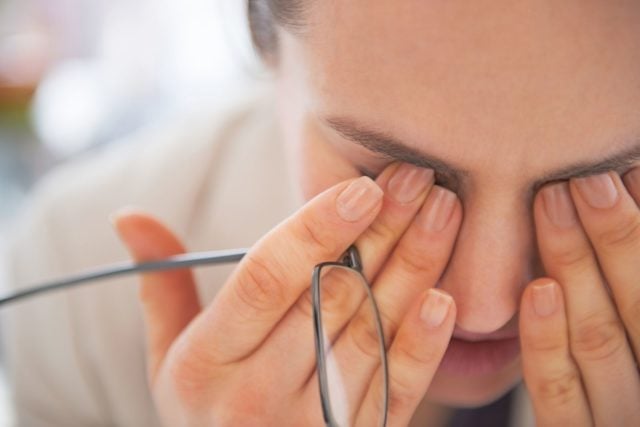
1. Smartphone Zone
Computer Vision Syndrome, a condition with a very telling name, is caused by long-term exposure to the harsh blue light emitted by electronic devices such as tablets, computers, and smartphones.
According to the American Optometry Association (AOA), the symptoms of computer vision syndrome could include red eyes, dry eyes, blurred vision, eye strain, headache, burning eyes, excessive tearing, sensitivity to light, double vision, trouble focusing, nausea, altered color perception, sore eyes, as well as stiffness in the neck, back, or shoulder. The best way to avoid facing these issues yourself is to take a break every 20 minutes or so and give your eyes some much-needed rest.
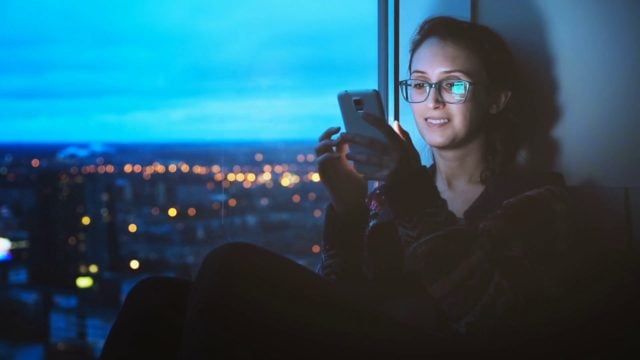
2. You’ve Got a Bundle of Joy on the Way
When you think about it, pregnancy is a beautiful and very weird time in a woman’s life, and it can bring along a whole truckload of seemingly unrelated side effects. You’ve heard of morning sickness and bizarre food cravings, but have you heard that pregnancy could also cause changes in your vision?
According to a study published in the Journal of Pregnancy, this joyous time could also be accompanied by several eye-related issues from blurred distance vision and trouble seeing street and roadsides that are far off, to poor night vision. Thankfully, the good news is that these issues should go away once the baby is here!

3. You’re Skimping on Berries
All kinds of berries are high in antioxidants and provide essential nutrition for eyesight health. Research conducted at the University of Massachusetts Medical School found that there was a decline in night vision due to oxidative stress in people who did not eat enough berries.
Pick whatever berries are in season and chomp away, but if you are able to find the lesser-known variety called bilberry (a close cousin of the humble blueberry), don’t miss out on grabbing some because these are known to be the best for improving night vision.

4. Your Acne Meds Are To Blame
If you’re taking medication for acne, and you’ve been noticing some issues in your eyesight, there just might be a correlation between the two, according to a study in the Lens and Eye Toxicity Research journal.
The study states that a prescription-only acne medication called Isotretinoin (the generic name for 13-cis retinoic acid) increases the amount of UV light absorbed into your eyes. This could lead to macular damage as well as night vision decline.
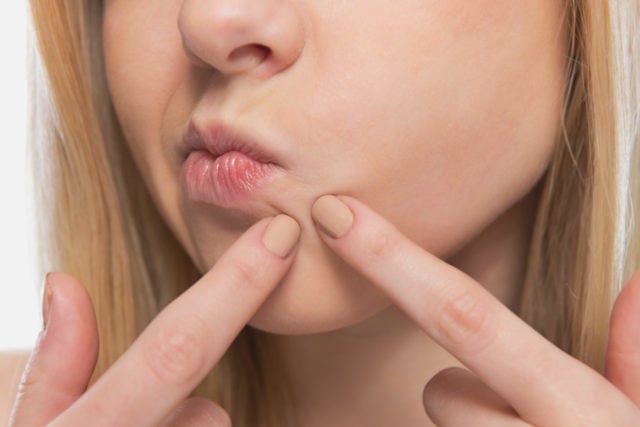
5. You Need to Go Outside More Often
Vitamin D deficiency has been named as a contributor in various health conditions from osteoporosis to depression, and now you can vision impairment to that list. Research from both the University of Buffalo and the National Eye Institute backs this claim, stating that a lack of sunlight could accelerate age-related macular degeneration, especially in women over the age of 50.
The studies further explain that sunlight strengthens the eyes by triggering the release of dopamine, the “feel-good hormone”, and the production of dopamine increases when your retinas are exposed to natural light. Findings from the study say that women who were exposed to regular sunlight were 44% less likely to suffer from macular degeneration as they age.

6. You’re a Bookworm
It may be a stereotype that kids (and adults) who you’re more likely to find with their noses buried in a book rather than outside playing basketball are the ones wearing glasses, but there actually may be some truth to it, according to an admittedly controversial study in the journal Ophthalmic & Physiological Optics.
The controversial part is that they claim that nearsightedness (or myopia) is caused by all that reading you’re doing. But it could also be that they do not get enough exposure to sunlight since they tend to spend more time indoors, and the lack of vitamin D is what’s to blame for their vision impairment (and not the excessive reading).


